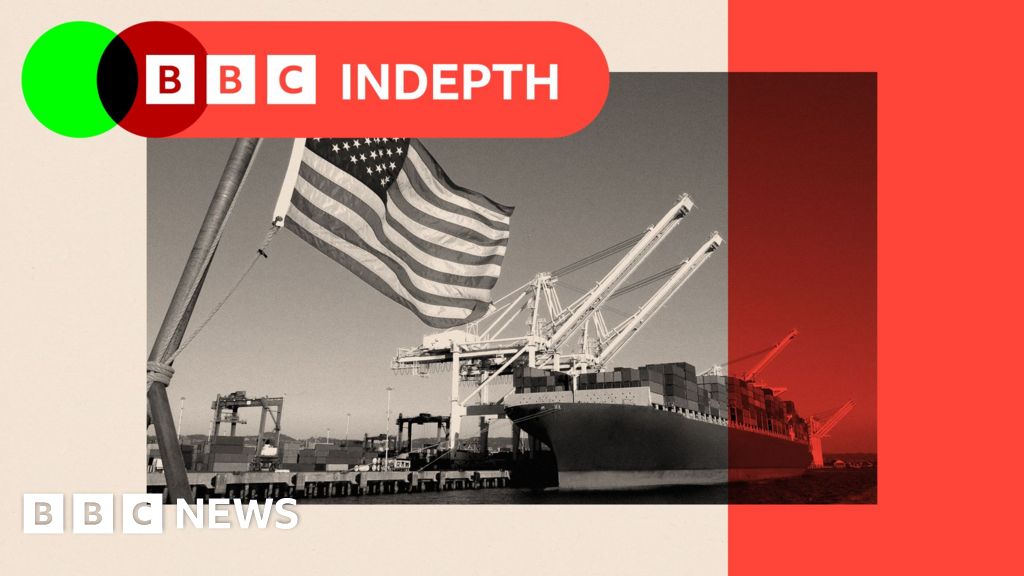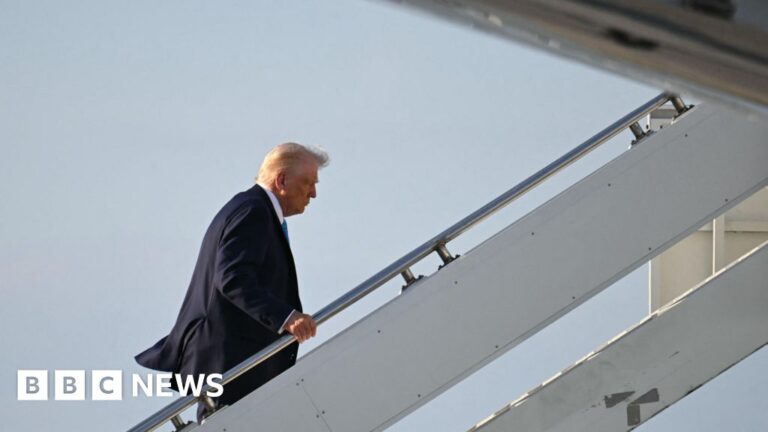Here is the result in plain text:
Don’t mess with Canada – that’s the private message to the US from the very top of Ottawa’s political system. Just like nearly a century ago with the infamous American Smoot-Hawley tariffs, Canada got its retaliation in to Donald Trump’s import taxes very quickly.
While the White House is claiming Canada’s pledge to spend $1.3bn (£1bn) on a border protection plan has given it diplomatic victory in its battle over fentanyl traffic, there was very little conceded that was not already planned by America’s northern neighbour.
Crucially, both Mexico and Canada were undeterred by a clear threat in Trump’s executive orders that any retaliation would lead to higher tariffs on imports into the US.
After consulting each other, Canada and Mexico instead both negotiated a month’s pause with Trump.
The returning US president likes making threats of tariffs on most days, and in many directions.
Since his inauguration, these have also been directed at Denmark, Colombia, China, Taiwan, the European Union as well as all of the Brics countries which include Brazil, Russia and India.
The rationale for his tariffs keeps changing and much about this situation defies logical explanation.
So, Mexico, Canada and every other country facing tariffs or the threat of them have to decipher what Trump is really playing at.
Another risk for Trump is that as Mr Carney and Mr Sefcovic said, they are all now responding to the direction of US trade policy by diversifying with one another. The EU is busy doing trade deals with Latin America. “There is huge demand in the outside world for free and fair trade relationships,” says Mr Sefcovic.
The UK has also restarted trade negotiations with India and the Gulf countries.
Reynolds says that the “challenging international position” means the UK has to push its “genuine competitive advantage” as the “most connected market in the world” with the US, the EU and China.
The other issue here is that if the direction of travel is a universal tariff, as Trump and his advisors keep suggesting, is there much incentive to try to avoid it?
There is some startling thinking circulating in Trumponomics circles. It is talk of that revenue grab of trillions of dollars that is spooking even allies who think they might escape the tariffs.
It sounds like a wild economic gamble. But such talk is relative, at a time when the US president is putting tariffs on his closest economic G7 and Nato partner over fentanyl, while simultaneously claiming it should become part of the US.
It could be an extensive and surprising tariff war. This week’s trade dramas are just early skirmishes.
Source link




